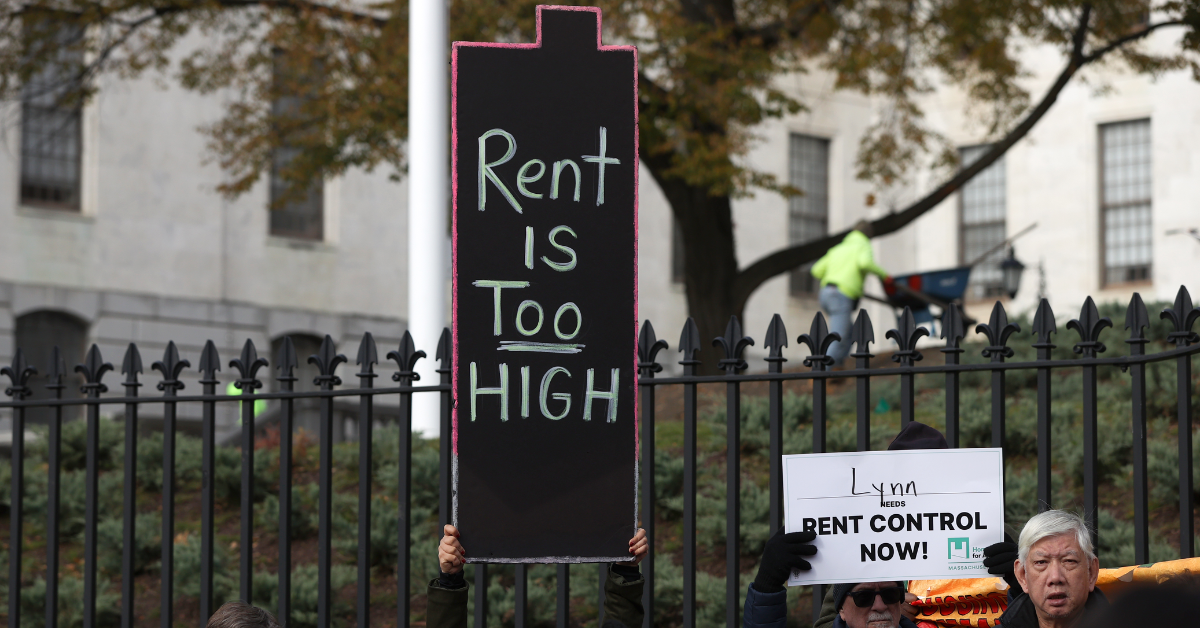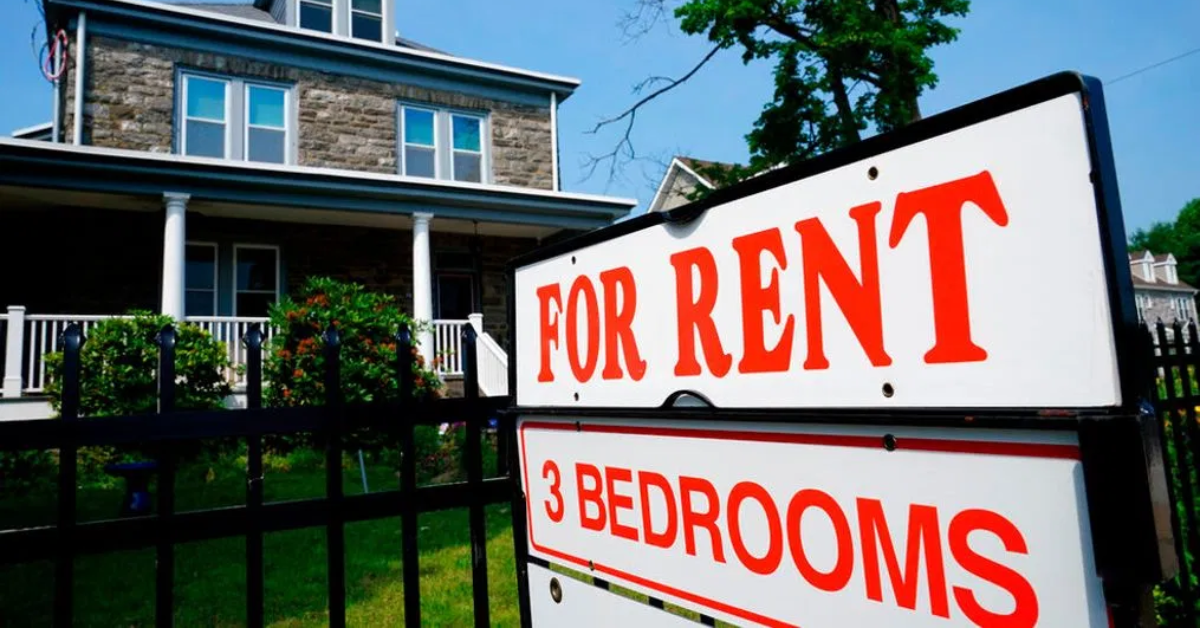Massachusetts is making headlines with the renewed push for rent control, a move that could change the rental housing market significantly. For many residents struggling with high rents, this development offers hope for more affordable living options. But the debate is complex, involving various perspectives from tenants, landlords, and policymakers.
Understanding how rent control works and what the latest changes in Massachusetts mean is essential, especially for younger people entering the rental market. This article breaks down the current status, challenges, and potential effects of rent control to help you stay informed and prepared.
What Is Rent Control and Why Is Massachusetts Considering It?
Rent control is a law or policy that limits how much landlords can raise rent prices each year. It aims to protect tenants from sudden and large rent increases, ensuring housing stays affordable. Massachusetts, like many cities across the United States, has seen rapidly rising rents that make it difficult for many people to find stable homes.
The state previously had rent control, but it was repealed in the 1990s. However, with increasing housing costs and the impact of the COVID-19 pandemic, lawmakers are reconsidering rent control as a way to ease financial pressure on renters. The new proposals are moving forward in the Massachusetts legislature and have gained support from tenant advocacy groups.
How Will the New Rent Control Proposals Work?
The current proposals aim to limit annual rent increases to a fixed percentage, linked to inflation or the rate of living cost increases. This would prevent landlords from raising rents by more than the allowed amount each year. The proposals also include measures to protect tenants from eviction without cause, offering more housing security.
It is important to note that rent control would apply only to certain types of properties and situations to balance the interests of renters and property owners. This approach tries to avoid discouraging new housing development, which is a concern raised by critics.
Reactions from Tenants and Landlords
Many tenants welcome the move, hoping it will stop the cycle of rent hikes that force people to move frequently or live in unaffordable conditions. Tenant advocacy groups like MassCOSH have expressed strong support, emphasizing the need for rent control in addressing housing inequality.
On the other hand, some landlords are worried that rent control could reduce their income and discourage investment in rental properties. Real estate groups argue that rent control might lead to fewer rental units available, hurting the housing market long-term. The Massachusetts Housing Partnership highlights these concerns and urges careful policy design .
What This Means for Younger Renters
Younger people, especially students and early-career professionals, are among those most affected by high rents. Rent control could offer them more predictable budgets and less worry about rent spikes when they sign a new lease. This stability is increasingly important as housing affordability challenges continue to grow nationwide.
Being informed about these policies allows young renters to engage in community discussions and advocate for fair housing laws. They can also better understand their rights and what to expect when looking for apartments in Massachusetts.
Looking Ahead: The Future of Rent Control in Massachusetts
The rent control proposals in Massachusetts are still under debate, with lawmakers meeting to discuss the best ways to support renters while keeping the housing market healthy. Public opinion and input from experts will play a key role in shaping final laws.
If passed, Massachusetts could become a model for other states grappling with similar housing issues. Following updates from reputable sources like the Boston Globe helps residents stay current on legislative progress .
Conclusion
The move to advance rent control in Massachusetts marks an important step in addressing the state’s housing affordability crisis. While the debate features valid points on both sides, the focus remains on finding practical solutions that protect renters and encourage housing development.
As this issue develops, renters, landlords, and policymakers all have a stake in shaping the future. Staying informed and involved can help create a balanced approach to housing that benefits everyone in the community.







